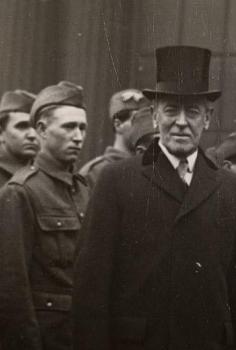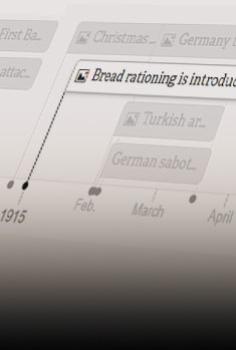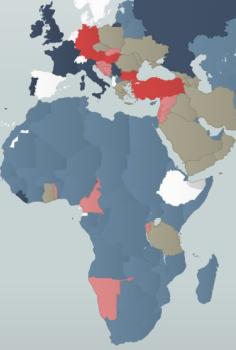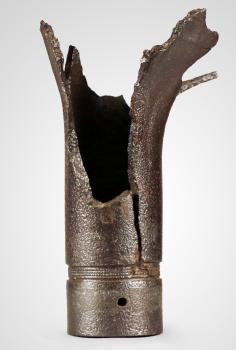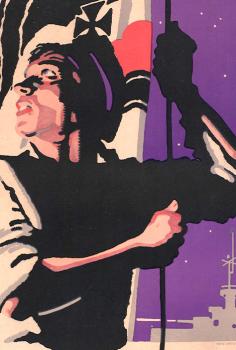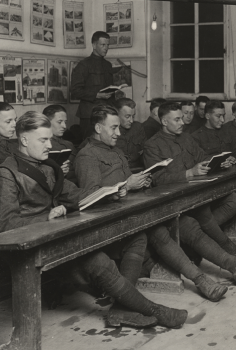On March 1, 1917, the American public learned about a German proposal to ally with Mexico if the United States entered the war. Months earlier, British intelligence had intercepted a secret message from German Foreign Minister Arthur Zimmermann to the Mexican government, inviting an alliance (along with Japan) that would recover the southwestern states Mexico lost to the U.S. during the Mexican War of 1846-47.
The secret to the British interception began years earlier. In 1914, with war imminent, the British had quickly dispatched a ship to cut Germany’s five trans-Atlantic cables and six underwater cables running between Britain and Germany. Soon after the war began, the British successfully tapped into overseas cable lines Germany borrowed from neutral countries to send communications. Britain began capturing large volumes of intelligence communications.
British code breakers worked to decrypt communication codes. In October of 1914, the Russian admiralty gave British Naval Intelligence (known as Room 40) a copy of the German naval codebook removed from a drowned German sailor’s body from the cruiser SMS Magdeburg. Room 40 also received a copy of the German diplomatic code, stolen from a German diplomat’s luggage in the Near East. By 1917, British Intelligence could decipher most German messages.
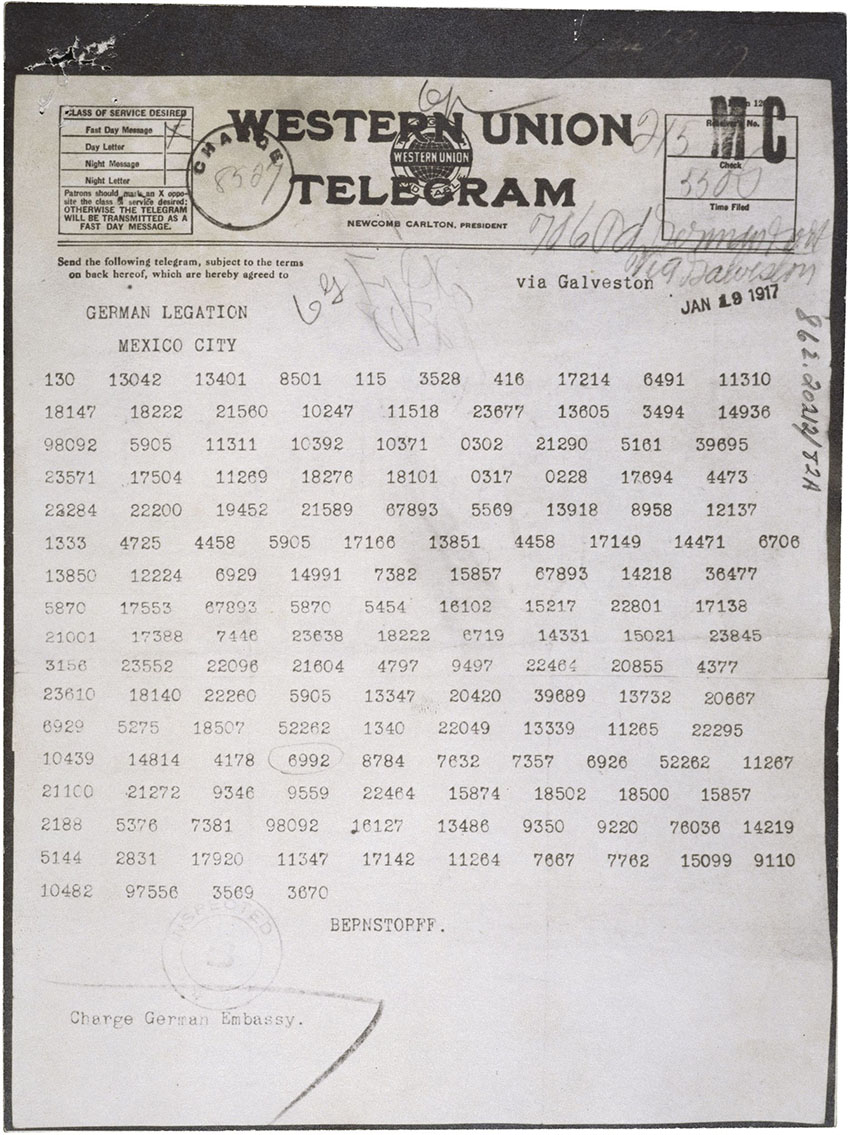
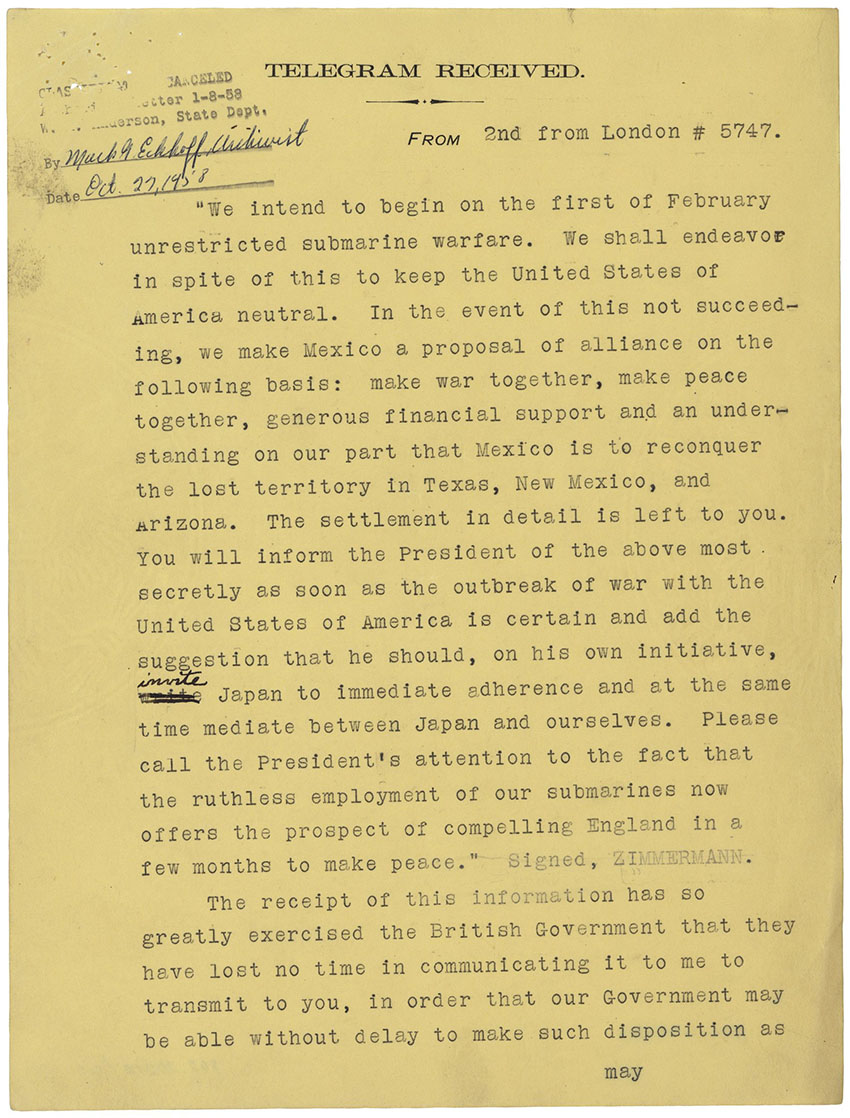
What led to the proposal of alliance to Mexico? Zimmermann sent the telegram in anticipation of resumption of unrestricted submarine warfare, an act the German government expected would likely lead to war with the U.S. Zimmermann hoped tensions with Mexico would slow shipments of supplies, munitions, and troops to the Allies if the U.S. was tied down on its southern border.
Some suspected the telegram might be a forgery to manipulate America into the war. However, on March 29, 1917, Zimmermann gave a speech in the Reichstag confirming the text of the telegram and so put an end to all speculation as to its authenticity.
The Zimmermann Telegram galvanized American public opinion against Germany once and for all. The telegram was considered perhaps Britain’s greatest intelligence coup of World War I and, coupled with American outrage over Germany’s resumption of unrestricted submarine warfare, was the tipping point persuading the U.S. to join the war.
